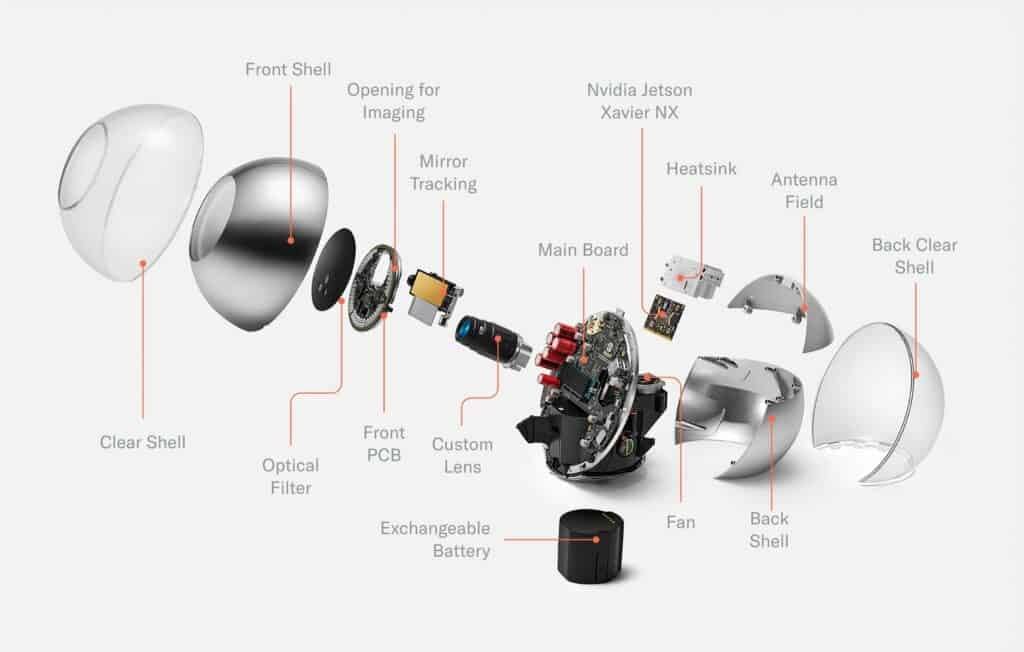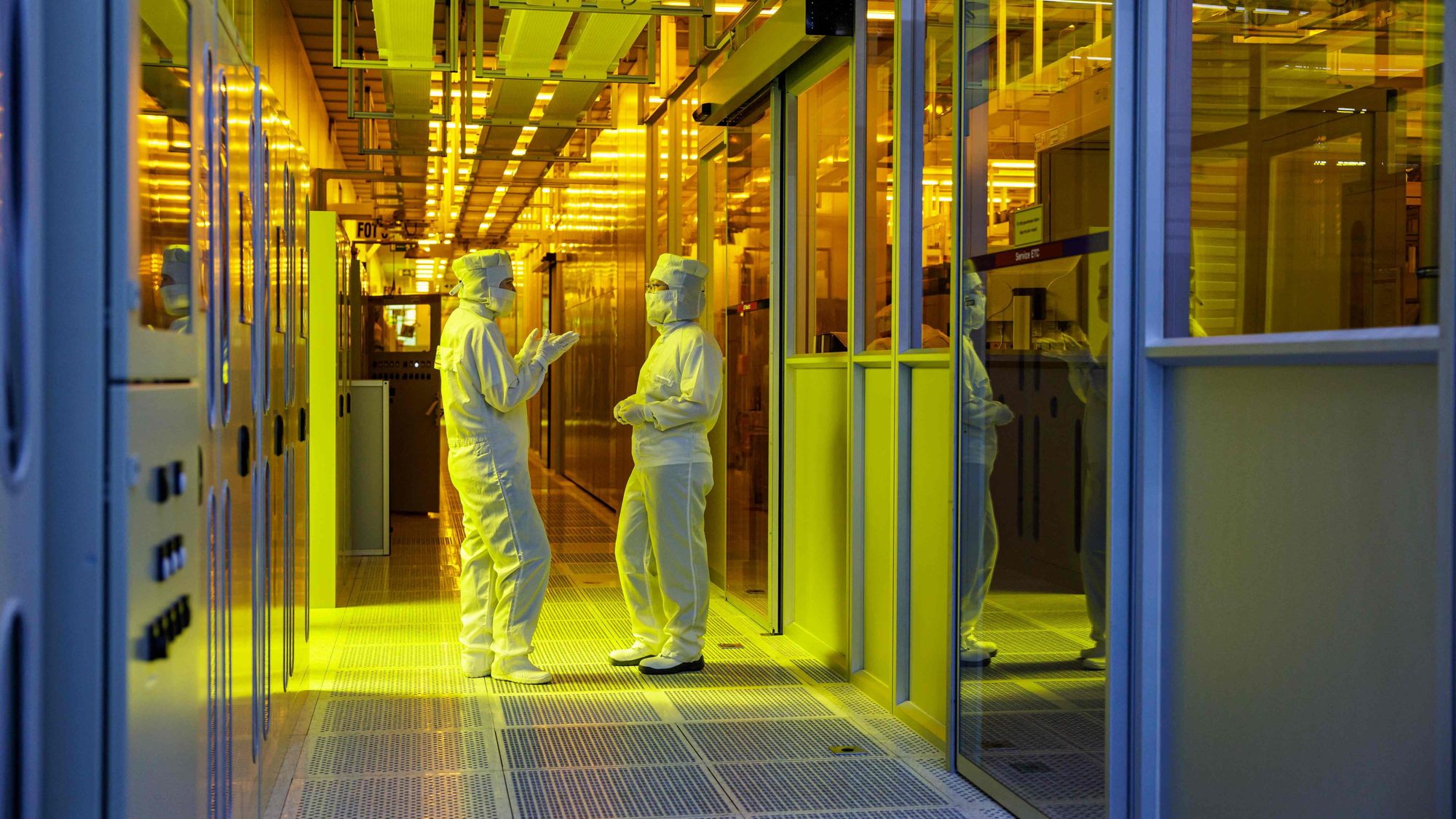Woman Sentenced to 5 Years for Trying to Hire Hitman with Bitcoin

A Nevada woman, Kristy Lynn Felkins, has been sentenced to five years in prison for attempting to hire a hitman with Bitcoin to kill her ex-husband. She pleaded guilty to a murder-for-hire charge to avoid trial. In 2016, Felkins transferred 12 Bitcoin (then valued at $5,000) to a website called Besa Mafia, which claimed to offer murder-for-hire services. The website was later revealed to be a scam. Felkins provided detailed information about her ex-husband's whereabouts to the website. She admitted to offering an additional $4,000 to expedite the murder plot and stated that she didn't care if her ex-husband's new girlfriend was harmed. She asked the hitman to make the assassination appear as an accident. Felkins has been ordered to surrender in September to begin her prison sentence.

The company behind ChatGPT launches Worldcoin (WLD), gets listed on Binance
The company behind ChatGPT, known as OpenAI, has launched a new project called Worldcoin (WLD). This innovative...
biometrics project aims to create a secure digital identity protocol using iris-scanning biometrics, aligning with the era of artificial intelligence. Worldcoin has gained attention with support from OpenAI's CEO Sam Altman and prominent investors like Andreessen Horowitz. It has been listed on Binance, one of the world's leading cryptocurrency exchanges, with spot trading set to begin on July 24. Binance waived the listing fee as a show of support for innovation in the cryptocurrency space. Worldcoin's token launch details will be revealed soon, creating anticipation among investors. Despite excitement, some concerns about data security and user privacy with iris scanners have been addressed by the Worldcoin team.

Germany Readies €20 Billion in Aid to Bolster Chip Output
The German government, under Chancellor Olaf Scholz, is set to provide €20 billion ($22 billion) to support semiconductor manufacturing in the country. The funds will be distributed to German and international companies by 2027 and will come from the Climate and Transformation Fund (KTF), which was originally designated for decarbonization but has been expanded to support the tech sector. The move aims to secure critical component supplies and strengthen the tech industry amid geopolitical tensions. About 75% of the money will go to Intel and Taiwan Semiconductor Manufacturing Co. (TSMC), with Intel receiving €10 billion for a plant in Magdeburg, and TSMC negotiating about €5 billion for a plant in Dresden. The subsidy offensive is part of the country's effort to reduce reliance on overseas supply chains and bolster local semiconductor production.
